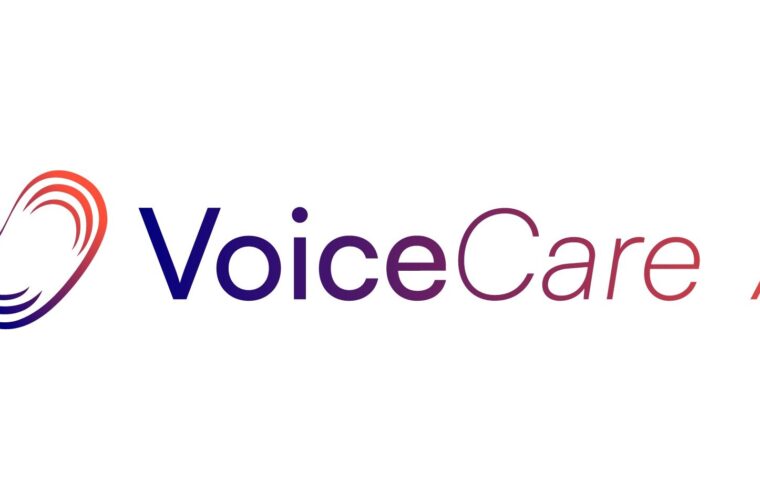Microsoft Madrid University: The tech giant and Madrid’s Carlos III University (UC3M) are joining efforts to research technologies related to responsible artificial intelligence (AI). They will create a university chair on “AI: Foundations and Horizons.” The main objective of the new research field will be to investigate AI’s latest models, or the so-called “Frontier Models”, to contribute to a “responsible advancement and adoption” of the technology.
According to Microsoft, the research will be long-term and comprehensive and focus on the most critical debates on public policy, democracy, fundamental rights, access to justice, equality, and diversity. Moreover, the research will also focus on markets and competition, innovations, privacy, and AI hiring. Regarding recruitment, 42% of European companies are already exploring using AI for human resource management.
“We need to observe and assess the functioning of regulatory strategies in light of AI advancements and identify the limitations that current solutions have in the face of technological progress, democratic values and stability, institutional strength, protection of fundamental rights, and social inclusion and distributive justice,” explains Teresa Rodríguez de las Heras Ballell, Professor of Commercial Law at UC3M and Director of the Research Chair.
“At Microsoft, we are working to drive the adoption of responsible AI to improve the competitiveness of our economy,” adds Gabriel López, Director of Institutional Relations at Microsoft Spain. This is not the first collaboration between a major tech giant and a university. For example, last year, the University of Cambridge in the UK partnered with Google to advance AI research.
AI development hits a “talent barrier”
According to López, the most important thing to accelerate this process and the digital transformation of businesses and public administrations is to have the right talent. “That is why we are promoting the launch of training initiatives like the one we are presenting today in collaboration with the Universidad Carlos III de Madrid, which will enhance the skills and improve the employability of young people,” he explains.
A recent study of a US-based company revealed that more than half (52%) of businesses believe that the lack of specialized workers is the main barrier to AI’s “massive deployment”. Furthermore, 64% of Spanish executives admit they will only hire someone with AI know-how, according to the same study. According to Microsoft and UC3M, AI training is a great opportunity to boost employment in Spain, which has the highest unemployment rate in the EU, at 11.2%.



Aiding the public with AI
The tech company and the university will offer the students tools for the ethical and responsible use of AI. They say they will also provide companies and the public sector with these tools. The research outcomes will, therefore, be transferred to society through studies, position papers, and educational initiatives.
“We must understand and measure the implications of regulations in the market and in innovation efforts. We must imagine new, more dynamic and adaptive ways to regulate. We should incorporate new parameters into the regulatory model on which the most sophisticated frontier models are being developed. Therefore, we must reflect on and propose a model of governance and regulation for responsible and sustainable frontier AI,” López concludes.



